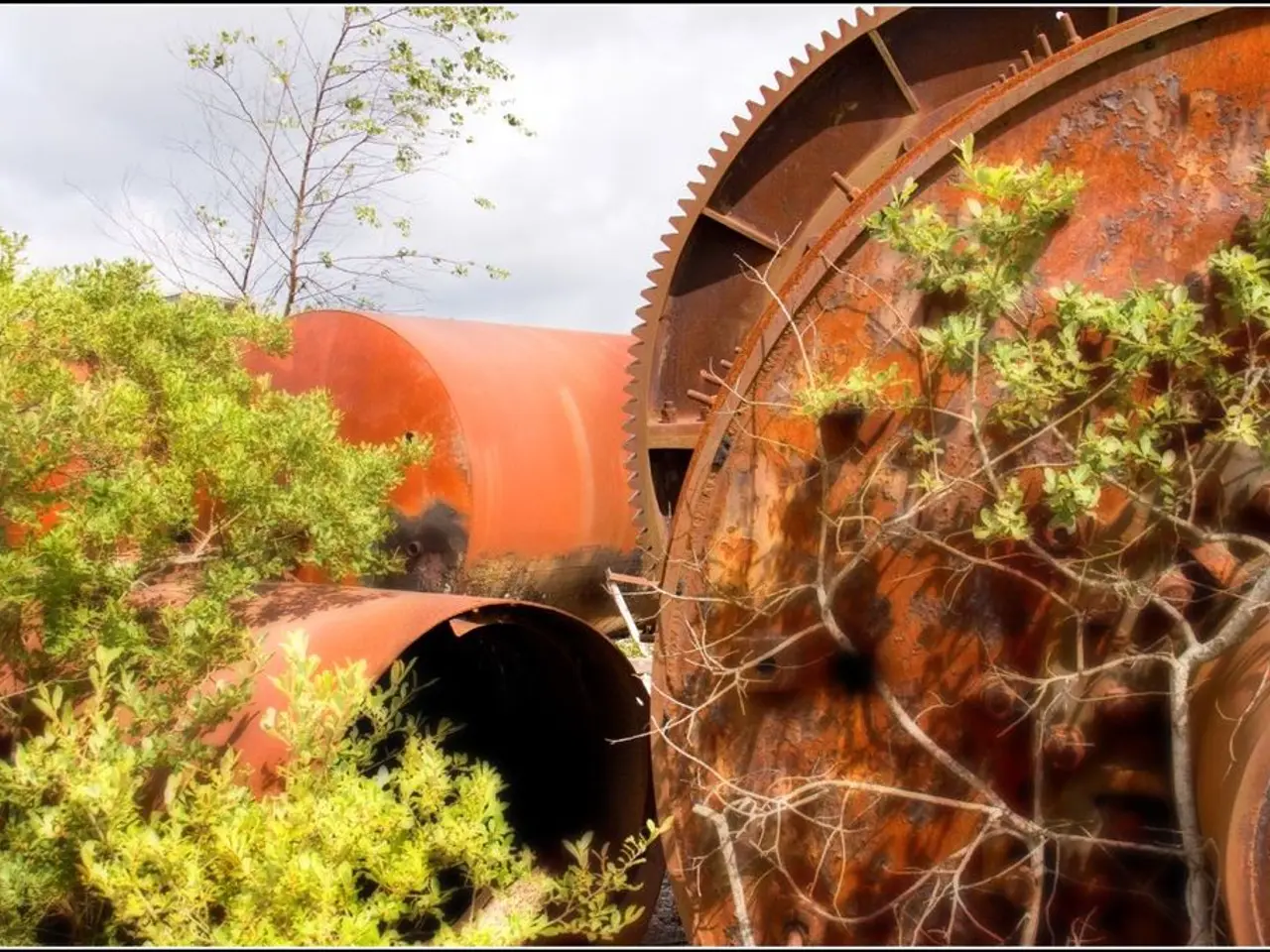CNRS to Lead Comprehensive Rare Earth Elements Study by 2025
The French National Centre for Scientific Research (CNRS) is set to conduct a comprehensive scientific expertise on rare earth elements (REEs) by the end of 2025. This multidisciplinary study will explore the uses, supply, and sustainability of these crucial metals, which are vital to France's interests across various sectors.
The expertise, led by a collective of scientists, will delve into the current and future uses of REEs, providing a detailed overview along three axes: reduction, recycling, and alternative production methods. It will also address the knowledge related to other strategic and critical metals, drawing parallels with the case of REEs.
In an international context, the supply of REEs is tense due to their unique properties and key roles in various industries. The study will question practices of sobriety and recycling, and examine the evolution of extraction and production methods. The CNRS will ensure the principles of competence, independence, impartiality, and transparency throughout the process.
The expertise will be conducted by a team comprising geologists, materials scientists, chemical engineers, and other specialists from related disciplines such as mining engineering, environmental science, and sustainable materials management. The study aims to establish the state of scientific knowledge on the use of rare earths throughout their lifecycle, addressing the pressing need for a new strategy to secure these vital resources.
The CNRS's Collective Scientific Expertise on Rare Earths, set to conclude in the last quarter of 2025, will provide a robust foundation for decision-making, ensuring the sustainability of REE supplies while mitigating geopolitical risks and environmental impacts. The expertise will be crucial for France to maintain its interests and supply of REEs across industrial, technological, geopolitical, economic, environmental, and health domains.
Read also:
- MRI Scans in Epilepsy Diagnosis: Function and Revealed Findings
- Hematology specialist and anemia treatment: The role of a hematologist in managing anemia conditions
- Enhancing the framework or setup for efficient operation and growth
- Hydroelectric Power Generation Industry Forecasted to Expand to USD 413.3 Billion by 2034, Projected Growth Rate of 5.8% Compound Annual Growth Rate (CAGR)








